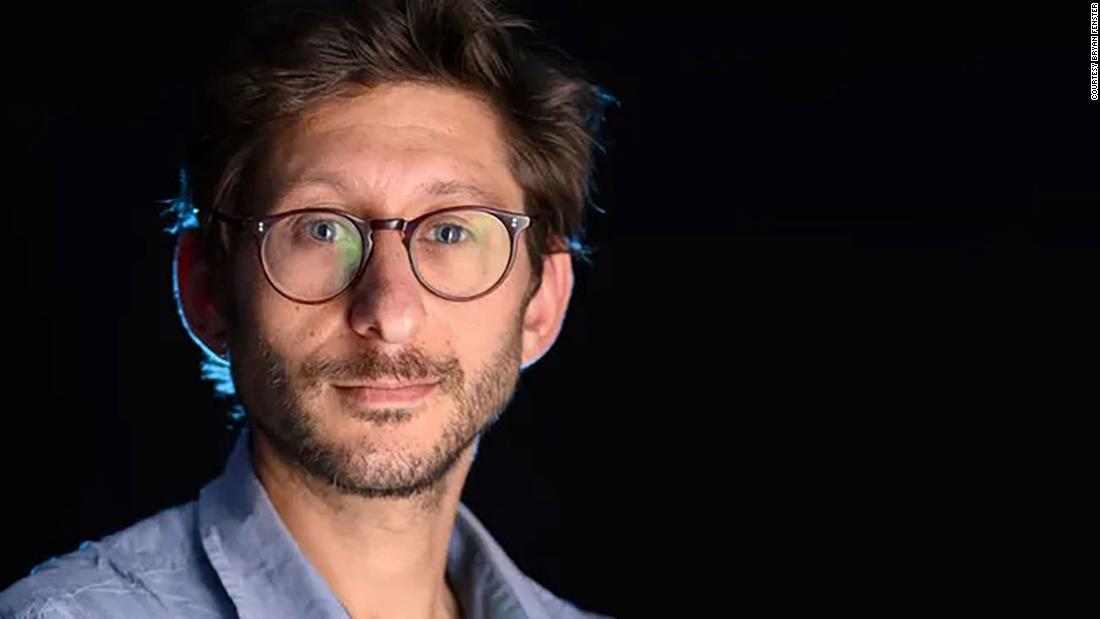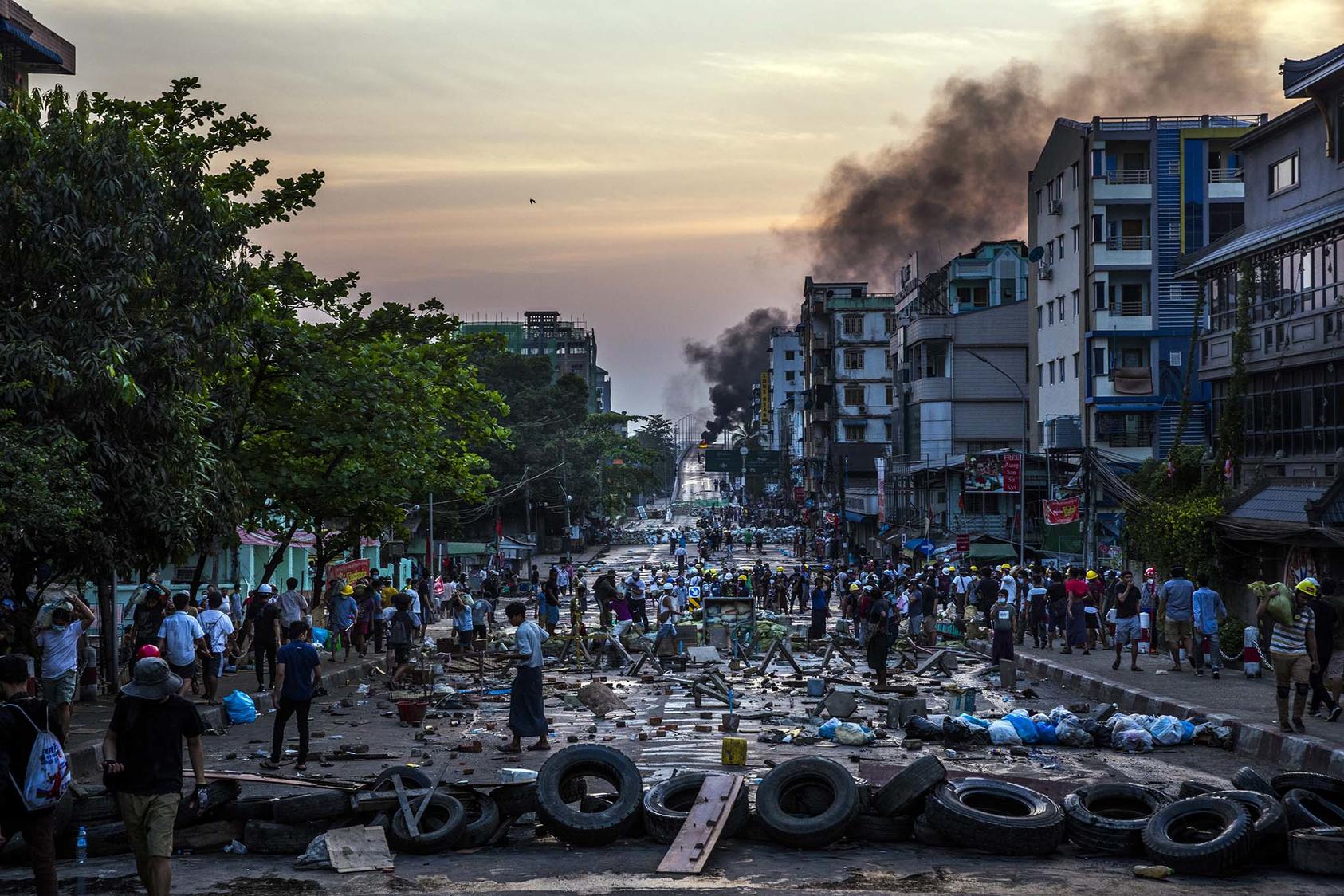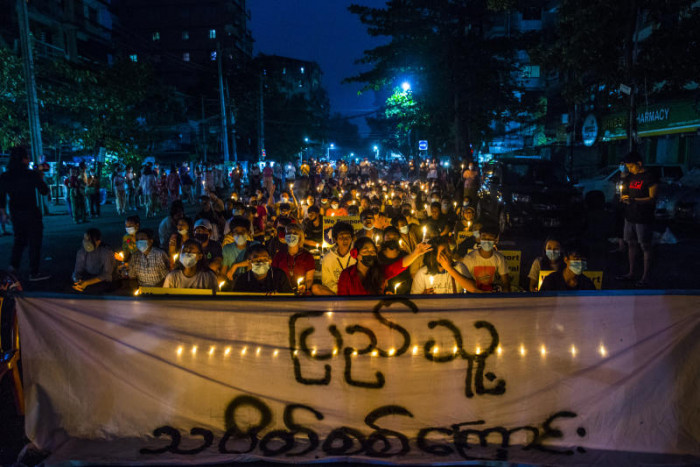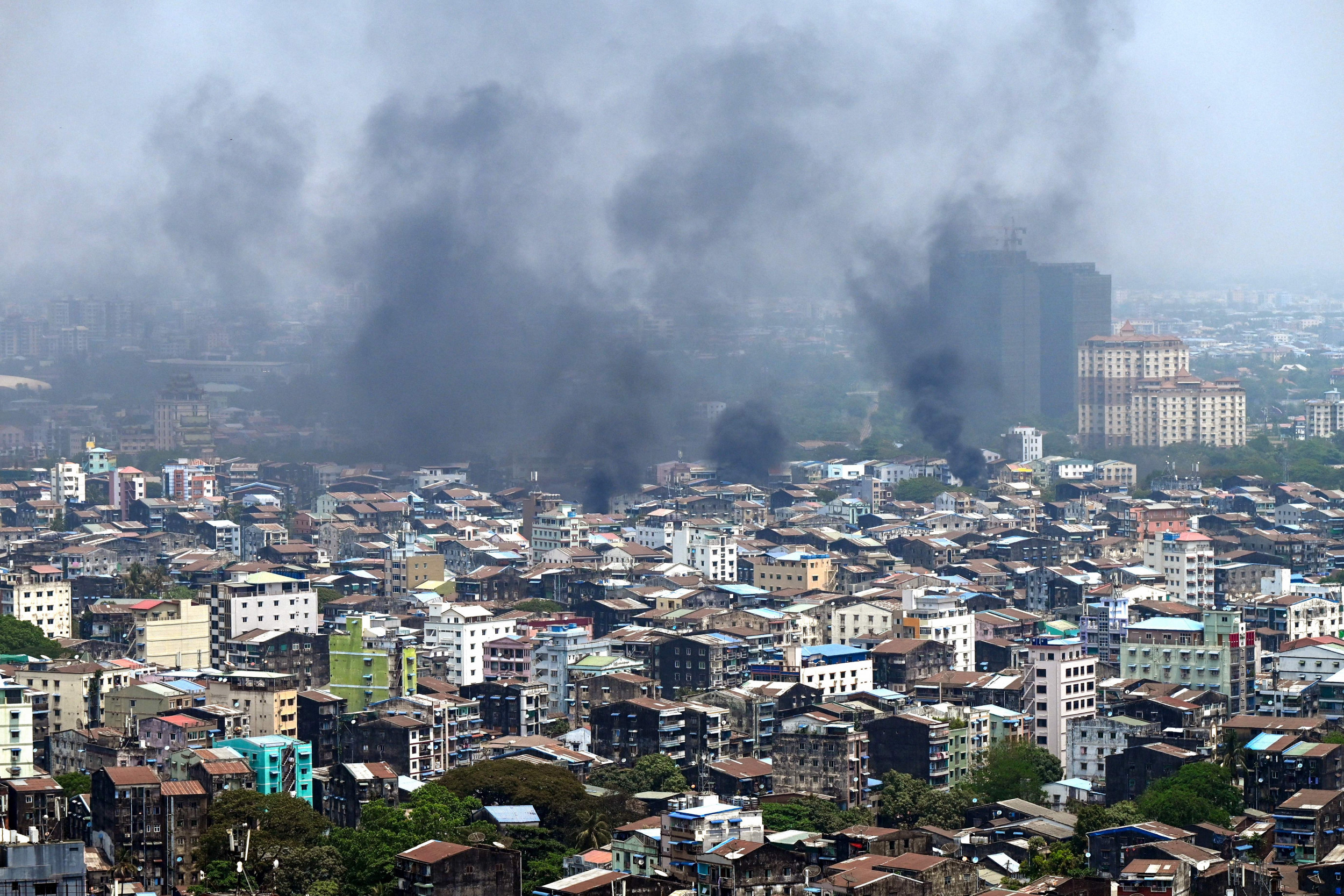It was alleged to be an thrilling journey home to shock his parents in the United States, his family stated. But on May 24, before he boarded the airplane at Yangon International Airport
in Myanmar’s greatest city, Danny Fenster
was stopped by safety forces and inexplicably taken into custody. Four months earlier, Myanmar’s army had seized power in a coup and launched into a bloody crackdown in opposition to protesters, journalists, hanging employees, activists and others against the model new ruling junta. Fenster, a US citizen from Detroit, Michigan, was working in Yangon as managing editor of unbiased news outlet Frontier Myanmar

driving the extremely regarded news site’s protection of the fallout from the coup, regardless of the junta concentrating on media houses and journalists. It remains unclear why Fenster was detained at the airport and it’s unknown whether or not he has been charged with against the law. He has not had any contact with his parents, legal professionals or officers at the US embassy in Yangon, who have tried to visit him,
a state division official advised CNN Business.
Frontier Myanmar mentioned they understand he is being held in Insein Prison, Myanmar’s notorious clock-shaped penitentiary north of Yangon identified for holding political prisoners and having a decades-old reputation for mistreatment and brutal conditions. Since the army seized energy on February 1, more than 5,900 individuals have been detained by the junta’s safety forces, and a majority stay in detention, in accordance with advocacy group Assistance Association for Political Prisoners (AAPP). Of those, at least 87 are journalists, with fifty one nonetheless in detention, Reporting ASEAN documented.

Life in Gen. Min Aung Hlaing’s post-coup Myanmar has become close to inconceivable for media staff, with many pressured into exile overseas or fleeing to rebel-controlled areas within the jungles as they expose the junta’s crimes. Those who stay within the cities have gone into hiding and swap secure houses each few days to avoid arrest. Despite the harmful conditions, a lot of Myanmar’s journalists continue to deliver important information to the public and the rest of the world. Not all manage to evade the authorities. Most recently, journalist Aung Kyaw with the Democratic Voice of Burma (DVB) and Zaw Zaw, a contract journalist with outlet Mizzima News, were sentenced to two years in jail for spreading misinformation. Those who escape the country usually are not guaranteed safety. Three DVB reporters and two activists have been arrested last month in Thailand for unlawful entry and confronted deportation. They have been lately granted asylum in an unnamed third safe country, DVB stated. Fenster’s household does not know why he was detained, though his father Buddy Fenster advised CNN Business his son had “voiced concern” for journalists earlier than his arrest. “All the reporters, all the journalists are leaving this country,” Buddy Fenster stated his son informed him. “I received a sense he thought it could be time to begin out heading residence.”

Fenster is not the only foreign journalist to be locked up
nor the only US citizen. Nathan Maung, a US citizen and co-founder and editor-in-chief of the web news web site Kamayut Media, was detained on March 9 alongside co-founder and producer Hanthar Nyein, and stays in the notorious penitentiary. Japanese journalist Yuki Kitazumi was detained in April and charged with spreading false news. He was held in Insein Prison before being despatched again to Tokyo in May. Polish reporter Robert Bociaga was detained in March and released with out charge weeks later. The junta’s arrest of journalists — and refusal to release information about many of their circumstances — demonstrates the extent of impunity and lawlessness Myanmar’s military operates beneath because it seeks to claim management over the nation. What happened to Nathan Maung Nathan Maung’s Kamayut Media lined the junta’s arrest and killing of peaceful protesters, in addition to the rise of the civil disobedience motion against the coup. Seven army trucks of troopers stormed the outlet’s office on March 9, blocking entrances to the road as they arrested the two journalists, eyewitnesses mentioned. Like many media employees just lately, they were charged with crimes beneath part 505a of Myanmar’s penal code — a law amended by the military that makes it against the law punishable by up to three years in prison to publish or circulate feedback that “cause fear,” spread “false information” or incite government employees.

According to Human Rights Watch, the adjustments to the regulation have been “clearly designed to penalize those encouraging members of the civil service of the safety companies to join the Civil Disobedience Movement.” Two sources near the pair and familiar with their remedy stated Nathan Maung and Hanthar Nyein were subjected to torture during a two-week stint in an interrogation middle earlier than they were transferred to jail. Detainees have detailed brutal acts of violence and torture by security forces in these kind of military-run services. The two sources mentioned the pair had been kept in adjoining rooms so they could hear one another scream during interrogations. They alleged the 2 journalists had been beaten, denied meals and water for days, and blindfolded in order that they couldn’t tell the difference between night time and day. After five days, they have been compelled to kneel on blocks of ice till they had melted, the sources said. Myanmar national Hanthar Nyein was compelled to hold ice on his arm — if he moved, he was hit with a pole or the back of a gun, the sources stated The sources with data on their remedy spoke to CNN Business on the condition of anonymity, because of their worry of retaliation. CNN Business reached out to Myanmar’s army for comment but has not received a response.

